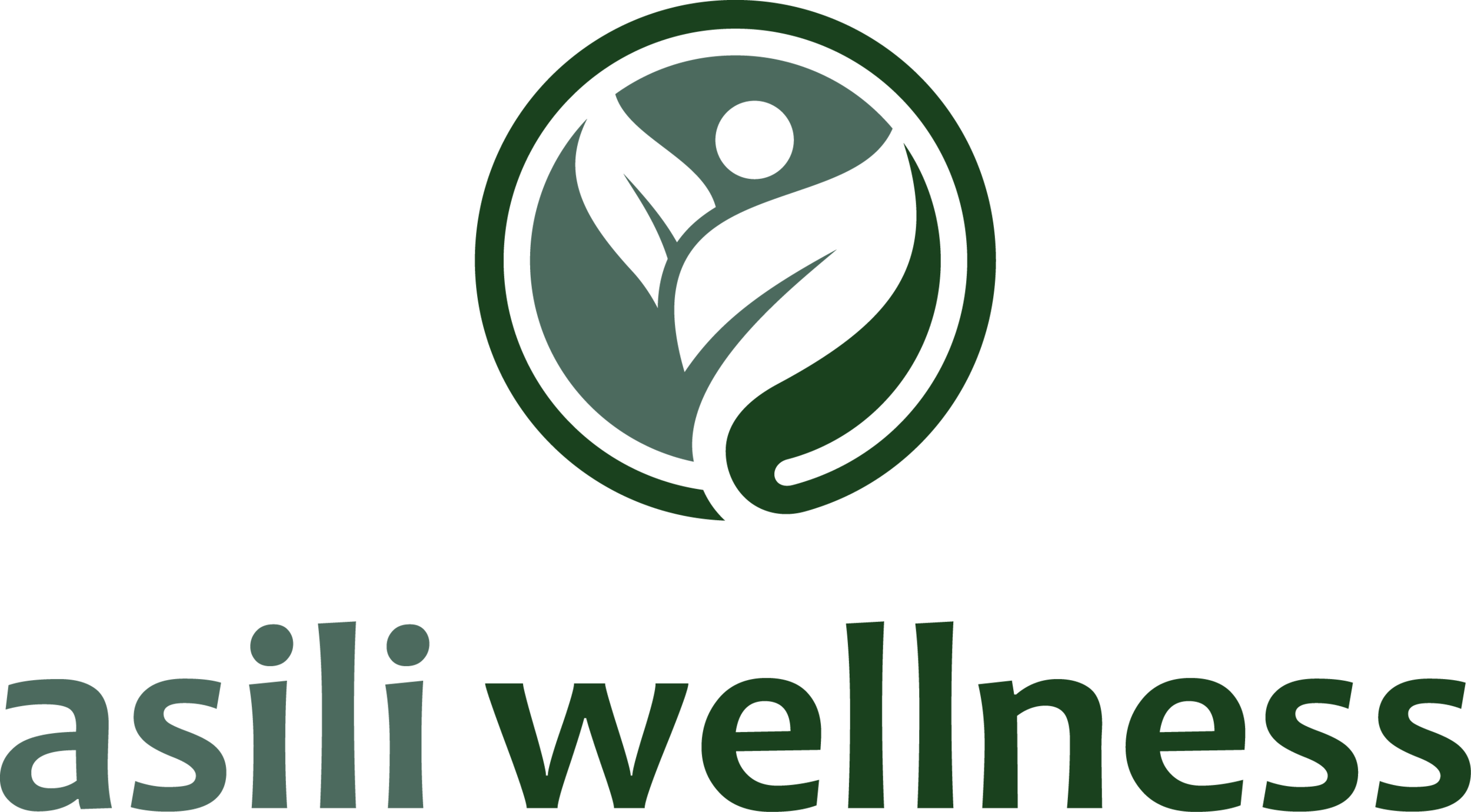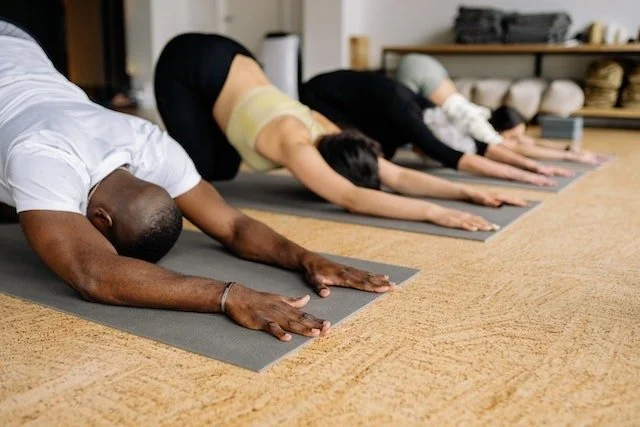Beyond Fitness: Discovering the Amazing Mental and Physical Benefits of Mind-Body Workouts
Finding balance can be challenging in our busy lives. Still, mind-body workouts offer an excellent and holistic way to boost well-being. These exercises blend concentration, breathing, and physical movement, reminding us how interconnected our minds and bodies are. By taking care of both, we can truly enhance our overall wellness!
Let’s dive into the fantastic benefits of mind-body workouts and see how they can improve our mental clarity, emotional balance, and physical health. This journey will highlight how these elements are beautifully connected, revealing the unique power of mind-body exercises beyond just a fitness routine.
Understanding the Mind-Body Connection
To appreciate this connection, we can look back at ancient traditions. Practices like yoga in India and Tai Chi in China recognized the special bond between mind and body, setting the stage for our modern approaches to health. Today, as we learn more through neuroscience and psychology, we uncover how our mental and physical health influence each other.
Getting Started with Mind-Body Exercises
Building a solid mind-body connection can help us be more resilient, emotionally balanced, and mentally sharp. Mind-body exercises give us fantastic tools to manage stress and regulate emotions, making them a powerful ally in our wellness journey.
And let’s not forget the physical benefits! These practices lead to greater flexibility, better posture, and improved health. If you’re ready to embark on your mind-body journey, here are some helpful tips to help you get started:
(1) Listen to Yourself
The first step is understanding what you need. Take a moment to reflect on your physical condition, preferences, and goals. Whether looking for stress relief or increasing flexibility, tailoring your approach to fit your needs is essential. Tune into what your body tells you, set realistic goals, and create a fulfilling practice!
(2) Explore Different Mind-Body Exercises
There’s a whole world of mind-body workouts to explore! Yoga has many styles, whether you want a spiritual connection, a challenge, or relaxation. Tai Chi’s gentle movements are perfect for those seeking a calming practice. Pilates is an excellent option if you want to focus on core strength. Trying out different classes can help you find what resonates with you!
(3) Practice Breathing Daily
Breathing consciously is a vital part of mind-body exercises. By weaving simple breathwork into your everyday routine, you’ll nurture relaxation and keep reminding yourself how powerful the mind can be over the body.
(4) Be Mindful in Daily Life
You can carry the mindfulness of mind-body exercises into everything you do! Whether walking, sitting, or tackling everyday tasks, being aware and present can strengthen the bond between your mind and body.
(5) Be Kind to Yourself
Challenges are a normal part of this journey, and being patient and gentle with yourself is essential. If you’re short on time, starting small with just a few minutes daily can make a difference. You might initially feel awkward, but sticking with it usually leads to more comfort and enjoyment. Joining classes or seeking guidance can be super helpful, too! Remember, it’s all about personal growth, not perfection—embrace your unique journey!
Final Thoughts
In closing, exploring mind-body exercises shows how impactful they can be on our health and well-being. From historical insights to practical tips, this guide encourages you to enhance your life through mindful movement. Embrace this beautiful connection and unlock your potential for a more fulfilling and joyful life!
At Asili Wellness, we offer holistic therapeutic services to enhance, nourish, and transform well-being.
We'd love to walk alongside you in creating your happiness and enhancing your ability to promote health, prevent disease, encourage self-care, and foster healing. Let's work together to fill your cup! Reach out today and schedule a complimentary consultation.
Explore Yoga + Talk Therapy
Shop Products
Join Thrive
thrive is a complimentary resource with fresh goodies each month intended to help you create a healthier lifestyle mentally, physically, and emotionally.
Call, email, follow, or shop today to start your journey!
Peace + Wellness, Dr. Nicole










